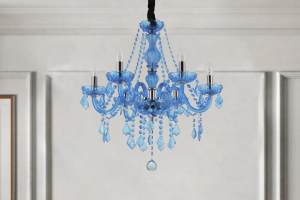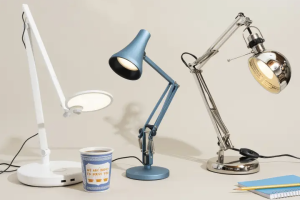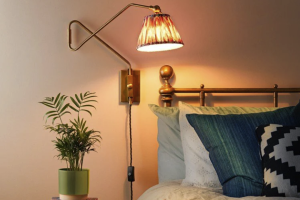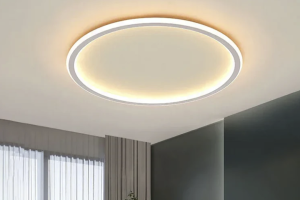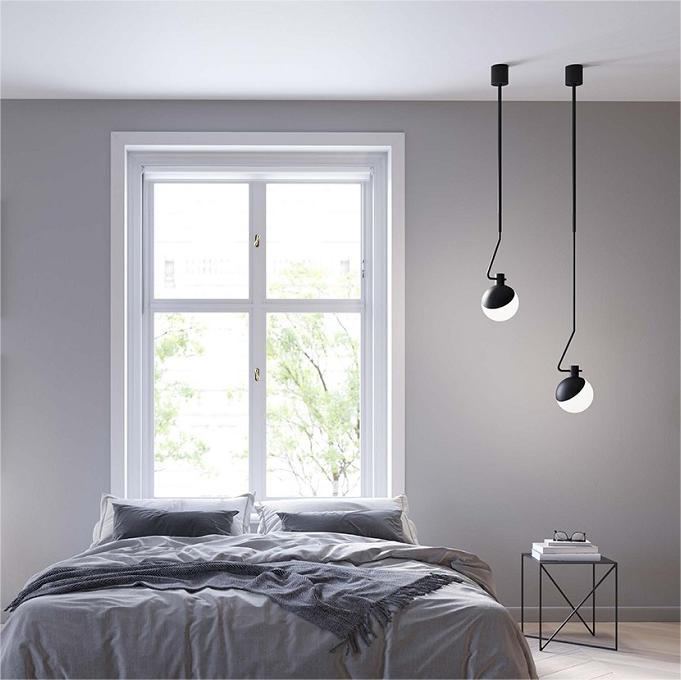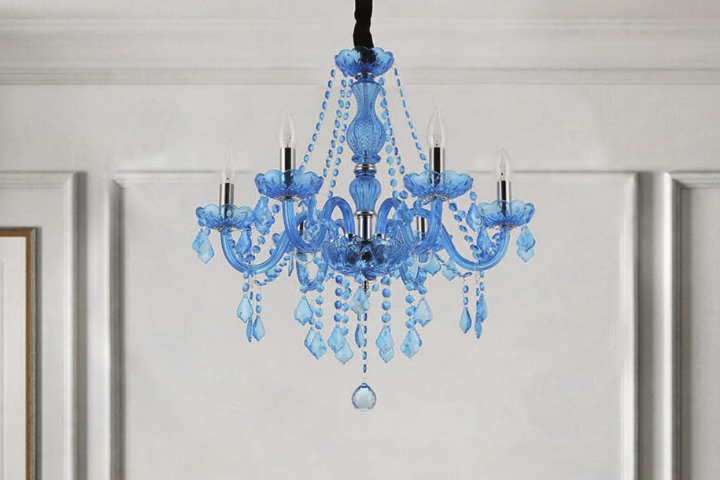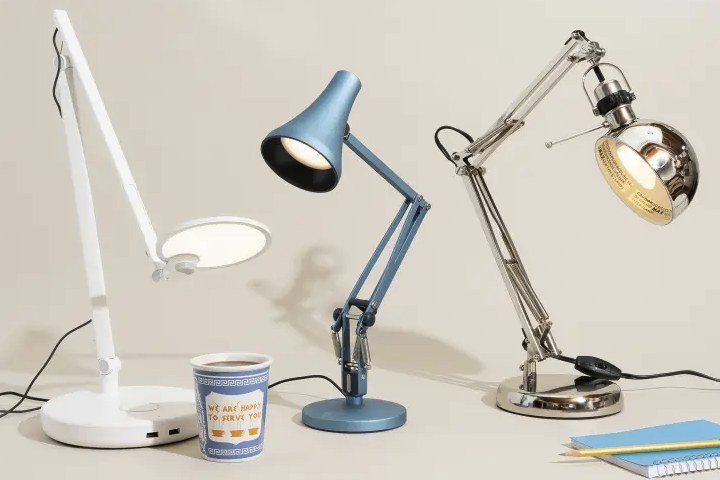Bedrooms are one of the most important rooms in a home, and they play an essential role in how you sleep. When it comes to lighting, your bedroom should be lit with the right type of light for your needs. Rocalamp
Here are some tips on how to choose the right lighting for your bedroom:
1. Choose a light that is comfortable for you. If you’re using a bedside lamp or reading lamps, make sure they’re easy to adjust to find the right light level.
2. Choose a fixture that will fit your room and your bed. Make sure the fixture is compatible with your lights and bedding.
3. Choose a style that represents your personality and lifestyle. For example, if you like bright lights during the day, choose an LED light fixtures; if you prefer softer lighting at night, choose fluorescent or incandescent bulbs.
4. Think about how you’ll use the light in your bedroom: during sleep or during waking hours? If you’ll mostly use it during sleep, consider using low-intensity LEDs (LIFX); if you primarily use it during waking hours, consider using brighter LED fixtures (such as halogen).
How to Improve Your Sleep.
Good sleep is essential for a successful day. To get the best sleep, follow these tips:
– Get enough sleep: Get at least 7 hours of sleep a night, but try to get more if you can. This will help improve your concentration and mood, as well as increase your productivity.
– Avoid caffeine and alcohol before bed: These substances can disrupt your sleep quality and make it harder to fall asleep.
– Use an alarm clock that’s easy to set and Forgetting to set an alarm can lead to early morning headaches or oversleeping during the day.
– Make sure you’re using a good pillow: A good pillow will help reduce the amount of noise you make in your head while you’re sleeping, and it also helps keep you warm during the night.
Improve Your Sleep habits.
To improve your sleep quality, make sure you follow these rules:
– Establish regular bed times and wake up at the same time every day: Make sure that when you go to bed, you’re ready to go. If sunrise is too early or late for you, try setting an alarm so that you have plenty of time to get out of bed before anything else happens in the morning.
– Try not to eat before bed: Eating before bed can interfere with your quality of sleep and cause lightheadedness or difficulty falling asleep.
– Use comfortable sheets and blankets: Sleeping on uncomfortable sheets or blankets can lead to restless nights and a Hangover tomorrow syndrome!
– Practice relaxation exercises before bed: Doing some calming activities such as yoga or meditation can help relax your mind and body before going to bed.
Tips for Better Sleep.
When you’re trying to get a good night’s sleep, it’s important to make sure your bedroom is dark. This will help reduce distractions and allow you to relax. Additionally, darker bedrooms can also be free from harmful light exposures.
Make Your Bedroom Lighter.
If you want your bedroom to feel lighter and more inviting, try adding some brighter pieces of furniture or draperies to the room. You can also try to keep the lighting in your bedroom as light as possible by using candles or lightbulbs with low wattage.
Reduce Noise in Your Bedroom.
disrupting sleep is not only undesirable, but can also be harmful both physically and mentally. To reduce noise in your bedroom, try using blackout curtains or soundproofing products to blocks out any outside noise while you sleep. Additionally, put away all electronics before bed so that you can fall asleep without distraction.
ReduceLight Exposure in Your Bedroom.
If you want to keep your bedroom light-free, try using window curtains that are designed to reduce light exposure. By doing this, you’ll be able to fall asleep without feeling disturbed by bright lights from outside your room.

